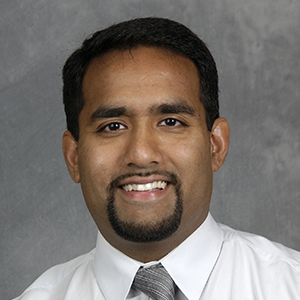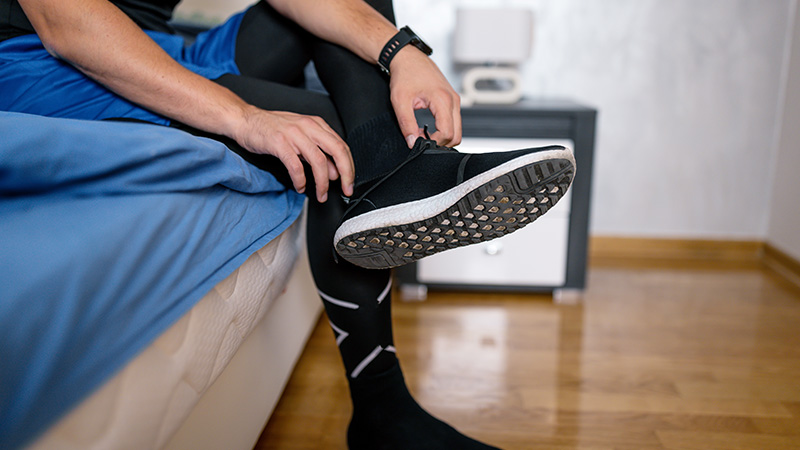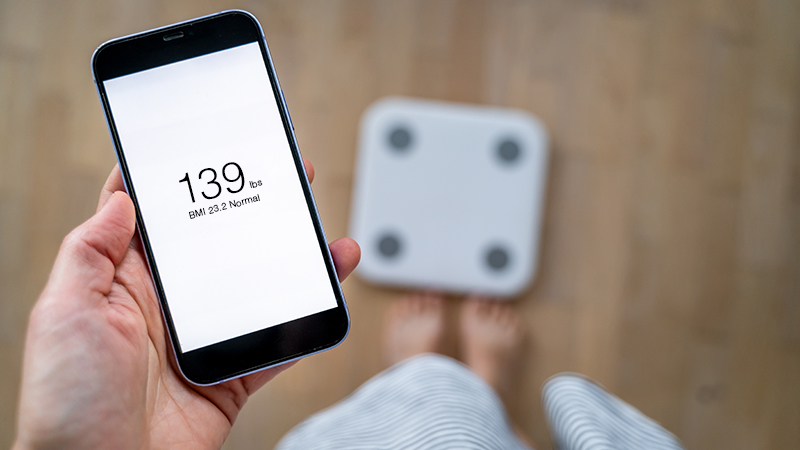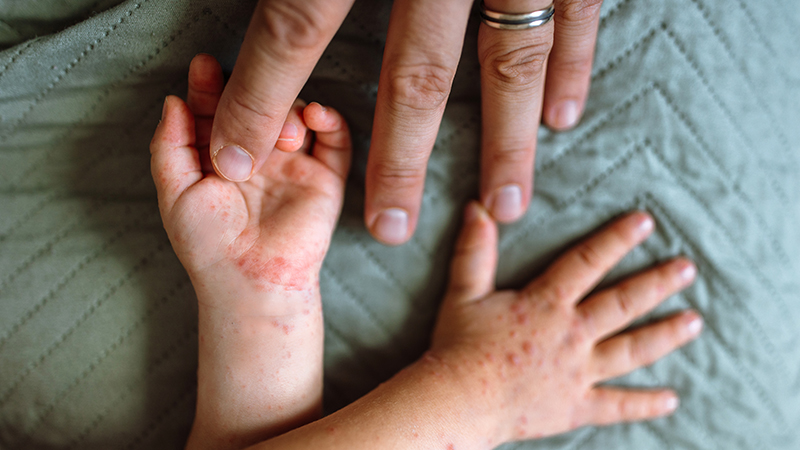What You Wish You Knew Before Your Colonoscopy
From Prep to Procedure
Published March 2021
You may have heard the stories about having a colonoscopy: You have to drink a gallon of mystery liquid and use the bathroom every few minutes. These stories focus on colonoscopy prep, rather than putting the spotlight on how vital they are for your health.
Here you will get the details on why colonoscopies are so important, and what to expect during yours.
Why You Need a Colonoscopy
A colonoscopy is a test that can help detect colon cancer. In this procedure, a gastroenterologist — a physician who specializes in the digestive system — puts a special camera, called a scope, into your colon and rectum. The scope can spot abnormal clumps of cells, called polyps, which can turn into cancer. If your physician sees a polyp, they will remove it during the procedure. Then they will send it to a lab for testing.
CRC is often preventable thanks to colonoscopies.— Sharif Zubair, MD
Removing polyps before they turn into cancer may save your life. When it is found early, the five-year survival rate for colorectal cancer (CRC) is about 90%. In fact, CRC is the third most common cancer in the U.S. But, CRC cases have been steadily dropping over the past two decades due to colonoscopies.
"CRC is often totally preventable thanks to colonoscopies," says Northwestern Medicine Gastroenterologist Sharif Zubair, MD. "Still, while 50% of the population in the U.S. is eligible for regular CRC screening with colonoscopy, many people are still not getting regular colonoscopies due to fear of the preparation and procedure."
With hopes of setting the record straight, Dr. Zubair walks us through colonoscopy preparation with full transparency.
How to Prepare for a Colonoscopy
To prep for a colonoscopy, you need to cleanse your digestive system.
The point of preparation is to flush stool from your colon and rectum so your physician can see the walls of both structures clearly. This makes it easier to find polyps.
"Stool hides the small polyps we're trying to remove, which is why prep is so important," adds Dr. Zubair. "Everyone's intestines move things out at a different rate, which is why we allow plenty of time for preparation."
One Month Before Your Colonoscopy
You will have an in-person or phone screening with your gastroenterologist. The purpose of this visit is to talk about your colonoscopy and ask questions. Your physician will tell you how to prepare for your procedure.
Instructions may vary based on several factors, such as your physician, your health and if preparation supplies are available in your area.
There are two types of colonoscopy preparation:
- Over-the-counter (OTC), using supplies that you can purchase at a drug or grocery store. Supplies may include laxatives, stool softeners and sports drinks.
- Prescription, using liquid from a pharmacy.
Both types of prep use polyethylene glycol 3350, a compound that is not absorbed by your body. Instead, it flushes everything out.
"Polyethylene glycol essentially acts as a colon cleanser," says Dr. Zubair. "When you dilute it with water, it liquefies your stool and allows you to excrete comfortably."
The Day Before Your Colonoscopy: Example
Here is an example of the OTC preparation. Do not follow these steps to prepare for your colonoscopy. Your physician may want you to prepare in a different way.- Only drink clear liquids. Do not have any solid foods.
- Drink plenty of water throughout the day.
- Take two bisacodyl laxative tablets with a large glass of water in the afternoon.
- Mix half a bottle of polyethylene glycol 3350 with one bottle of a sports beverage. Drink it the evening before your procedure.
- Mix the other half of the polyethylene glycol 3350 with another bottle of a sports beverage. Drink it all a few hours after your first bottle.
The Day of Your Colonoscopy
- Continue only consuming clear liquids until three hours before your arrival time. After the three-hour mark, you should not drink anything.
- Check in at the department registration desk. Eventually you will change into a surgical gown and lay in a hospital bed. There, your nurse will ask you a series of questions and document your vitals.
- Your nurse will put an intravenous (IV) line into your arm for anesthesia medicine. You will receive propofol, a sedative. It is not a "twilight" anesthesia, where you are partially aware of what is going on around you. You will not be aware of what is going on, but you will not need a breathing tube like during more-significant surgeries.
- Your colonoscopy will take about 30 minutes.
- You may wake up groggy and passing a lot of gas that was put into your colon during the procedure to allow adequate visualization.
- Your nurse will bring you juice and cookies in the post-operative area. They will also make sure that you feel OK before you can go home. You will not be able to drive that day, so you must arrange for a ride home with someone you trust like a friend or family member.
Colonoscopies are not painful. If you have bleeding, nausea or vomiting afterwards, call your physician right away. After discharge from the hospital you can eat solid foods.
The Day After Your Colonoscopy
You should feel fine and be able to resume normal activities. Take heart in knowing that you took preventive action to protect your health.
The American Cancer Society (ACS) recommends that adults ages 45 and older who are at average risk for CRC receive a colonoscopy every 10 years. If you are at a higher risk due to personal history of polyps, family history of colon cancer, or other diseases like inflammatory bowel disease, you may need screening more often. Talk to your physician about your screening needs.






